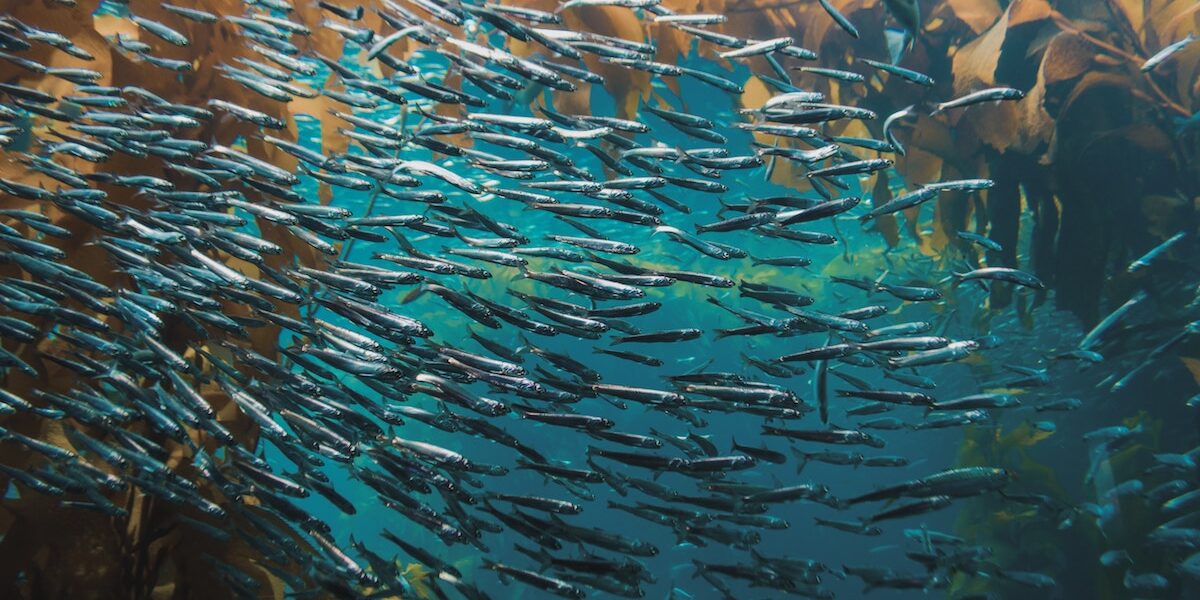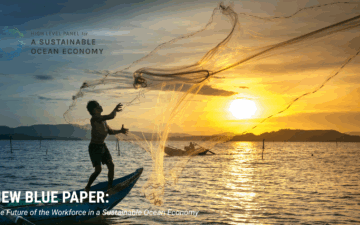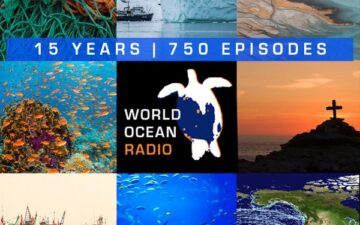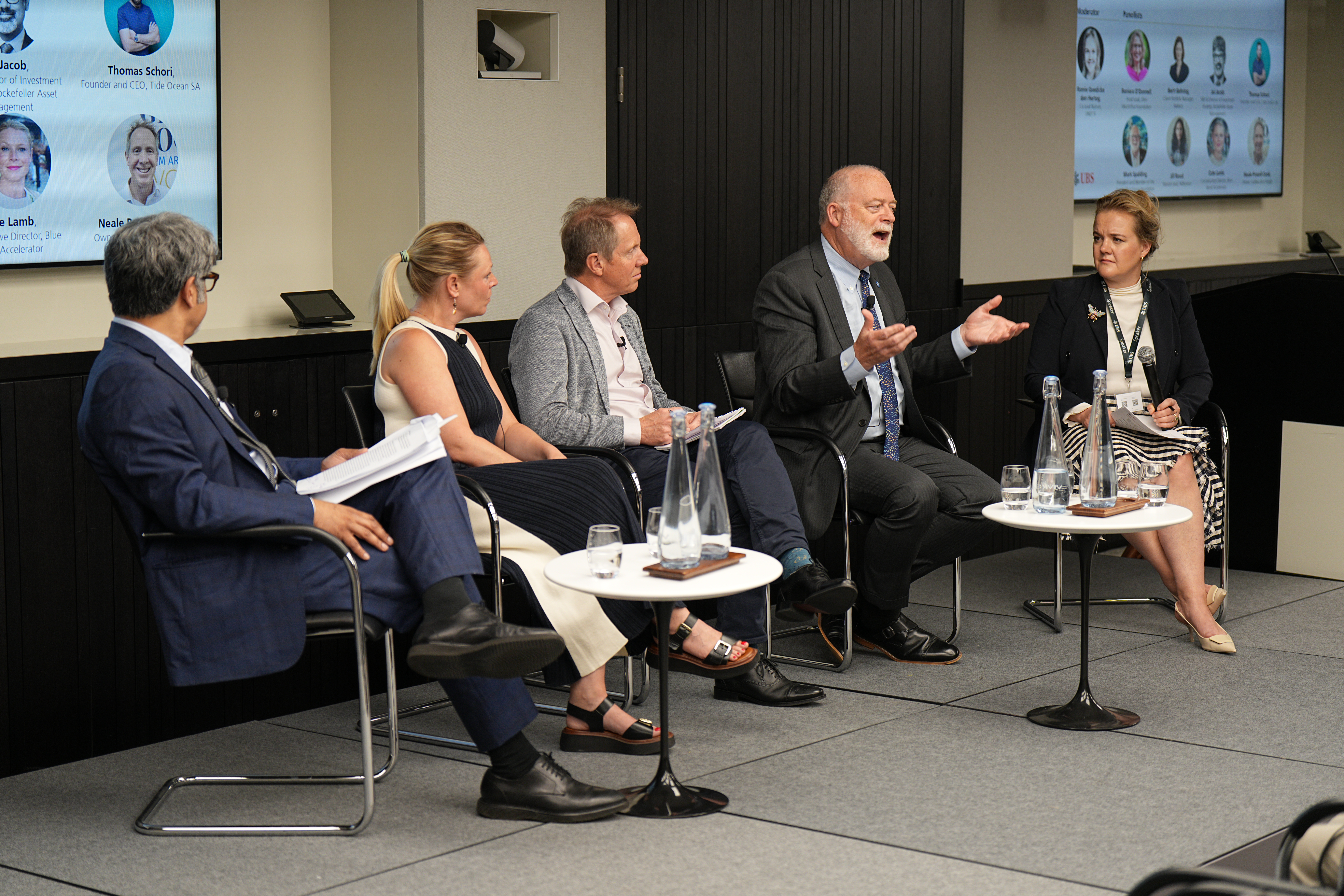Earlier this month, I was quoted in an article in the Washington Post “U.S. tightens fishing policy, setting 2012 catch limits for all managed species” by Juliet Eilperin (page A-1, January 8th 2012).
How we manage fishing effort is a subject that occupies fishermen, fishing communities, and fishing policy advocates, and not a whole lot of other people. It is complicated and has been steadily moving away from a philosophy of “fish for everything you can” to “let’s make sure there are fish in the future” since 1996, when it became clear that our fisheries were in trouble. In 2006, Congress passed the reauthorization of the federal fishery management law. The law requires fishery management plans to set annual catch limits, the regional management councils to heed recommendations of scientific advisors when setting catch limits, and adds the requirement for accountability measures to ensure that objectives are met. The requirement to end overfishing was to be met in 2 years, and so we are a little bit behind schedule. However, the halt to overfishing of certain commercial fish is welcome nonetheless. In fact, I am delighted at the reports from our regional fisheries councils that the “science first” provisions of the 2006 reauthorization are working. It is about time that we limited our hunting of these wild animals to a level that allows the fish to recover.
Now we have to ask ourselves what our fishery management goals are if what we want is an end to overfishing as well as a successful effort to end the use of indiscriminate, and habitat destroying fishing gear?
- We need to lose our expectation that wild fish can feed even 10% of the global population
- We need to protect the food of ocean animals who can’t just swing by McDonalds for a happy meal when their forage fish disappear
- We need to enhance the capacity of marine species to adapt to warmer waters, changing ocean chemistry, and more intense storms, by ensuring that we have healthy populations and healthy places for them to live.
- In addition to our new found annual catch limits, we need to have more meaningful controls on bycatch to prevent the unintentional killing and disposal of fish, crustaceans and other oceanic life that were not part of the intended catch
- We need to protect parts of the ocean from destructive fishing gear; e.g. the spawning and nursing grounds of fish, delicate sea floor, unique unexplored habitats, corals, as well as historic, cultural and archeological sites
- We need to identify ways in which we can raise more fish on land to reduce pressure on wild stocks and do not pollute our waterways, because aquaculture is already the source of more than half our current supply of fish
- Finally, we need political will and appropriations for real monitoring so that the bad actors do not harm the livelihoods of the dedicated fishing communities that are concerned about the present and the future
A lot of people, some say as many as 1 in 7 (yes, that is 1 billion people), rely on fish for their protein needs, so we also need to look beyond the United States. The U.S. is a leader in setting catch limits and moving toward sustainability at this time, but we need to work with others on illegal, unreported and unregulated (IUU) fishing so that we ensure that our planet does not continue to have a situation where the global capacity to fish significantly exceeds the capacity of fish to naturally reproduce. As a result, overfishing is a global food security issue, and will even have to be addressed on the high seas where no nation has jurisdiction.
The capture and marketing of any wild animal, as food at global commercial scale, is not sustainable. We have been unable to do it with terrestrial animals, so we should not expect much better luck with marine species. In many cases, small-scale, community-controlled fisheries can be truly sustainable, and yet, while the concept of well-managed local fishing effort is replicable, it is not scalable to a level that would feed the population of the U.S., much less the world, or the marine animals that are a key part of healthy oceans.
I continue to believe that fishing communities have the greatest stake in sustainability, and often, the fewest economic and geographic alternatives to fishing. After all it is estimated that 40,000 people lost their jobs in New England alone as a result of overfishing the North Atlantic Cod. Now, cod populations may be rebuilding, and it would be nice to see local fishermen continue to reap a livelihood from this traditional industry through good management and a careful eye on the future.
We would love to see the world’s wild fisheries rebound to their historic levels (the number of fish in the sea in 1900 was 6 times what it is today). We are proud to support all of those working to restore the ocean and thus protect the people who depend on its natural resources (you too can be part of this support, just click here.)
Mark J. Spalding







